Spotting Teething Signs in Babies
A big milestone for your little one is teething. Lots of parents find themselves wondering, "Is my baby teething?". It's a question that often comes up when you notice little, (or in some cases big!), changes in your baby's behaviour.
This brush-baby guide to teething signs aims to guide you through the signs of teething in babies, help you know what to look for and how to provide soothing relief for your little one’s teething gums.
What is Teething?
Teething is a natural process where your baby's first set of teeth, also known as milk teeth, begins to pop up through their teething gums. Teething usually starts around six months of age but can vary from baby to baby. Some infants may begin teething as early as three months, while others might not see their first tooth until after their first birthday.
Common Teething Symptoms
Recognising the symptoms of teething can be tricky, especially for first-time parents. Here are some common symptoms to look out for:
- Increased Dribbling: One of the earliest signs of teething is lots of dribbling. Your baby may suddenly start producing more saliva than usual. This happens because the teething process stimulates the salivary glands.
- Chewing on Objects: You might notice that your baby is chewing on anything they can get their little hands on, this is often a sign they may be teething. The pressure of chewing helps relieve the discomfort of teething gums. If you find your little one is chewing on everything and anything, now is a great time to introduce them to a baby teether.
- Irritability and Fussiness: Teething can make your baby a little grumpy and irritable. The pain in their teething gums can mean they may be fussier than usual, crying more and having trouble sleeping.
Less CommonTeething Signs
While the above teething signs are the most common, there are other, less common symptoms that some babies may experience.
- Ear Pulling: Your baby may start pulling their ears. This is usually because the pain from their teething gums can radiate to the ears, causing discomfort.
- Changes in Eating and Sleeping Patterns: Teething can disrupt your baby’s usual eating and sleeping patterns. They might not want to eat or wake up more during the night.
When to Consult a Doctor
While teething is a natural process, there are times when you should get advice from a doctor.
- High Fever: If your little one develops a high fever, it’s important to get medical advice. A high temperature is not a typical teething symptom and could mean they have an infection.
- Severe Discomfort: If your baby is in severe discomfort and none of the soothing methods are working, it’s best to consult a doctor. They can provide recommendations or treatments.
Unusual Symptoms
If you notice any unusual symptoms, such as a rash or diarrhoea, it’s time to see a doctor. These symptoms are not usually because of teething and may mean there is another issue.
Now You Know The Teething Signs
Teething is a major milestone for your little one, but it can be a tough time for both of you. By understanding the signs of teething and how to soothe your baby’s teething gums, you can make this time more manageable.
Remember, every baby is different, so what works for one may not work for another. It's also good to remember that teething is just a phase, and it will pass!
Hang in there—you’re doing brilliantly!







